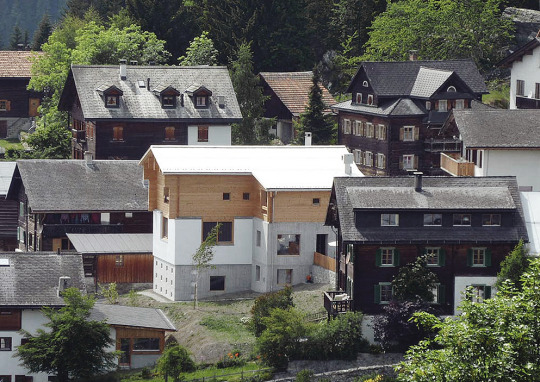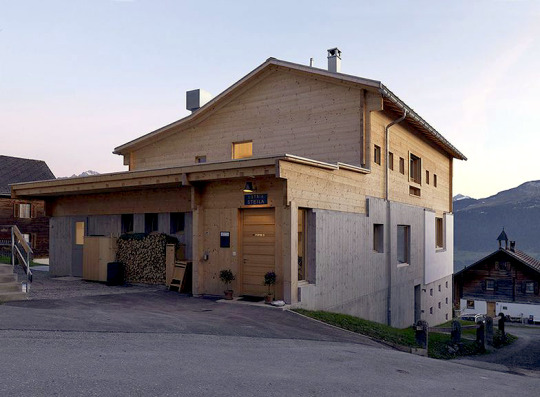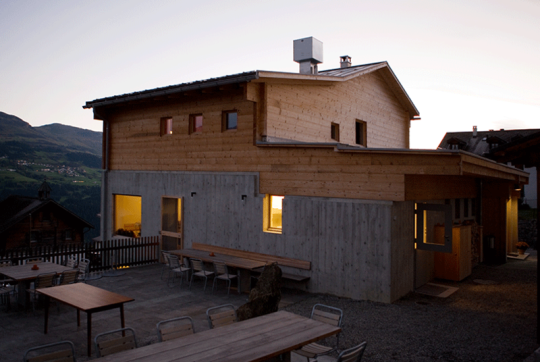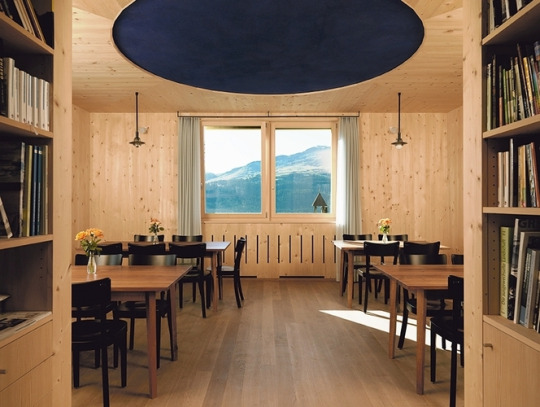good book recommendations from bldgblog
/Currently being foiled in my attempt to tweet this book list put together by Geoff Manaugh over at BLDGBLOG, so here it is!
Books Received is the column. And, in the words of Manaugh himself, "Somewhere, despite the weather here, it's spring. If you're like me, that means you're looking for something new to read. Here is a selection of books that have crossed my desk over the past few months - though, as always, I have not read every book listed here. I have, however, included only books that have caught my eye or seem particularly well-fit for BLDGBLOG readers due to their focus on questions of landscape, design, architecture, urbanism, and more."
Don't forget to look out Manaugh's new book too, A Burglar's Guide to the City. The only book I have ever pre-ordered on Amazon (breaking my self-imposed rule of ordering from my local bookstore). While it is a book about crime, policing and the built environment, I don't think Manaugh is intending to provide lessons on how to steal. Nonetheless, I'm guessing you'll know much more about the execution of a heist by the time you've finished reading, and you won't look at buildings in quite the same way either. Colour me intrigued...
For a sneak peek, check out Manaugh's piece for New York Times Magazine.








